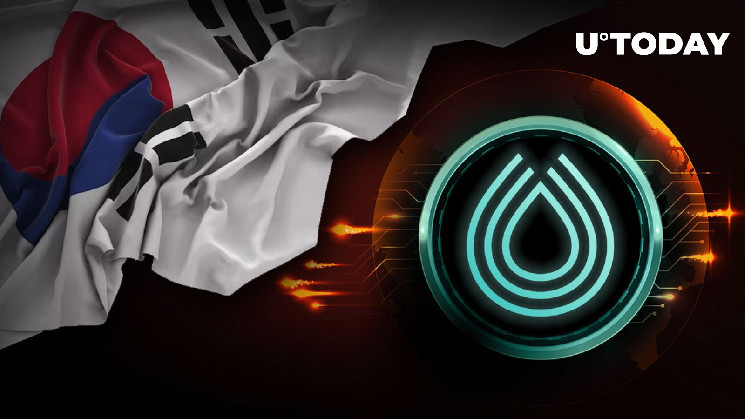Serum (SRM), a project that promoted itself as the new-generation decentralized crypto exchange protocol on Solana (SOL) blockchain, is now seeing its native token delisted from major exchanges.
Serum (SRM) trading stopped in South Korea: Reasons
Two mainstream cryptocurrencies, Serum (SRM) and OMG Network (formerly OmiseGo, OMG), will be delisted from all South Korean exchanges. The decision was made by the local Digital Exchanges Association (DAXA).
Korean exchanges such as Upbit will jointly delist OmiseGO (OMG) and Serum (SRM), indicating that OmiseGo and Serum are not functioning normally. https://t.co/7hPbwFcwNj
— Wu Blockchain (@WuBlockchain) April 12, 2023
Information about the delisting was shared by local media outlets and Chinese journalist Colin Wu. Per the statement of the largest local exchange, Upbit, the Serum (SRM) team failed to prove that the project is active right now.
On March 29th, 2023, Upbit flagged an investment warning on SRM due to operational issues with the project, including the practical impossibility of using the SRM protocol. Despite requesting clarification from the project team, Upbit did not receive sufficient clarification, which led us to determine that the SRM project has practically ended.
Serum (SRM) is one of the cryptocurrency tokens aggressively promoted by Solana Foundation, Alameda Research and its infamous head Sam Bankman-Fried personally.
As covered by U.Today previously, SBF advertised Serum (SRM) exchange and its native token, but then all tweets about SRM, RAY and MARS disappeared from his Twitter account.
Veteran cryptocurrency OMG also delisted
Serum (SRM) lost 98.3% of its value since its peak reached back in 2021.
Besides SRM, Korean exchanges are removing OMG-based pairs from their trading toolkits. As disclosed by Upbit, OMG is delisted thanks to problems with "block generation" on the platform.
Launched in 2017, OMG Network is the last ICO-funded project directly advised by Ethereum (ETH) inventor Vitalik Buterin.
 u.today
u.today
